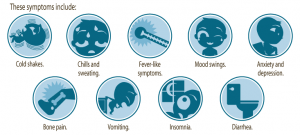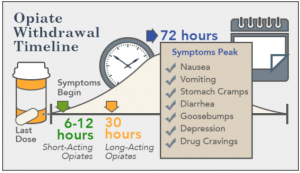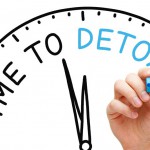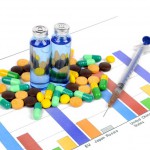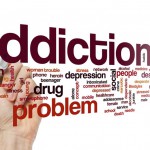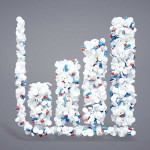Painkiller Withdrawal and Addiction Treatment
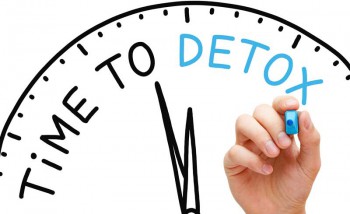
In our last post we discussed painkiller addiction including what prescription painkillers are the most addictive and what warning signs of painkiller addiction to watch for if you find yourself in a position of needing to take prescription medications. In this article we will assume that you have identified a painkiller addiction problem but are concerned about what withdrawal symptoms you can expect when trying to recover from the addiction and would like to know what painkiller treatment options are available.
Painkiller Withdrawal Symptoms
If you have been addicted to painkillers for a period of time you may have already felt some of the milder forms of withdrawal symptoms such as anxiety, muscle aches and pains, sleeplessness, irritability, and more. When going through the process of withdrawal one may also experience these same symptoms but at a more extreme level, they may also experience:
- Depression
- Lack of energy
- Shakiness
- Flu-like symptoms
- Nausea and diarrhea
- Loss of appetite
- Insomnia
- Hallucinations
- Delirium
- Sweating
- Confusion
- Restless leg syndrome
- and gastrointestinal issues
There are plenty of withdrawal horror stories available that describe the withdrawal process as one of the most painful and unbearable things one has ever gone through. There is no question that painkiller withdrawal can be very painful and for some seem unbearable but there are a number of ways that a doctor and/or drug rehab treatment facility can help the process not be as extreme and even a somewhat comfortable process.
Painkiller Addiction Treatment
Depending on your level of addiction your doctor may suggest medications, behavioral counseling, and/or a detox program. Most people go through some type of medical detox program and then follow up with an in-house treatment facility, medication, and therapy. A combination of all of these treatments have been found to be the least painful and the most effective way to treat the physical addiction but also teach the person how to return to their daily lives with the least chance of relapsing.
A medical detoxification program is used for people who are addicted to heroin, prescription painkillers, Oxycontin, Methadone, Vicodin, Percocet, Hydrocodone, and more. This medical detox is also referred to as rapid detox, rapid opiate detox, anesthesia detox, or ultra-rapid opiod detoxification (UROD). This type of detox program consists of a light anesthetic that allows the addicts body to endure all of the physical withdrawal symptoms while he/she is sedated enough to have very minimal if any pain or recollection of the process.
Once one has gotten their body through the physical withdrawal symptoms of painkiller addiction then it is important for them to follow their physician advice on whether they should then enter a residential treatment facility or get help on an outpatient basis. Either way it is imperative that one gets additional therapy in order to overcome and learn to deal with other factors associated with addiction such as the emotions, behaviors, habits, socialization, etc…Without getting help for all aspects of ones addiction the chances of relapse are greatly increased. Relapse support groups can also assist in recovery and resisting a relapse.
Sources
freedomdrugrehab.com (graphic)
americanaddictioncenters.org (graphic)

